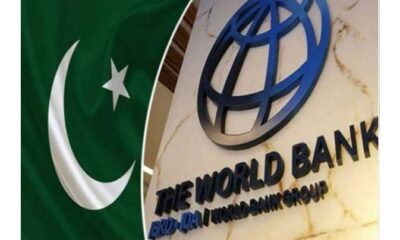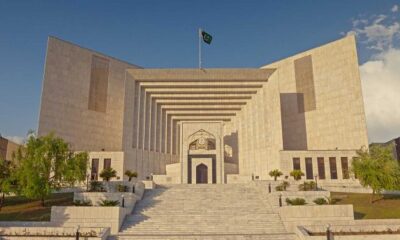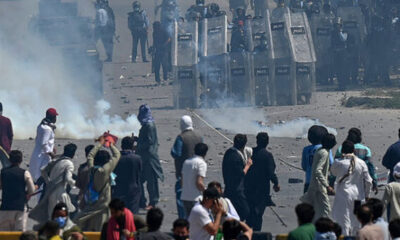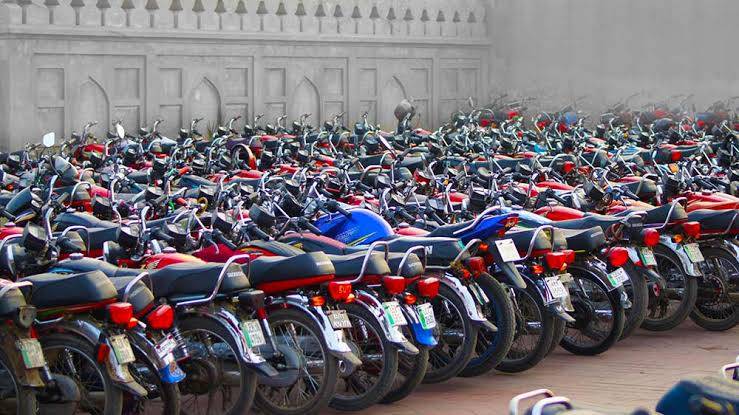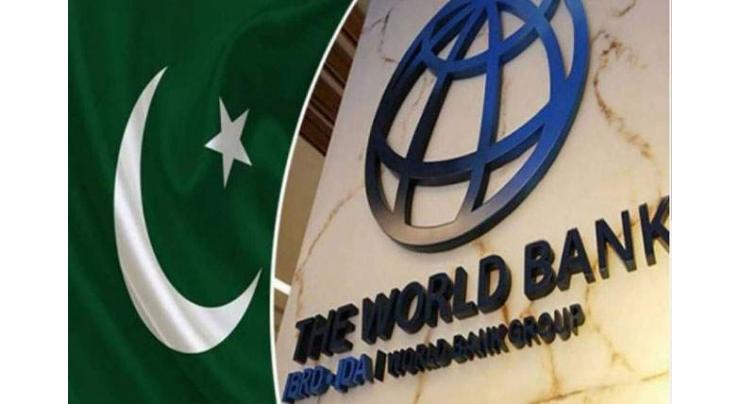Pakistan
As the roster for the T20 World Cup approaches, five PSL talents stand out.

Latest News
According to CPLC data, Karachi saw 4,184 motorbike thefts and 59 fatalities in April.
Latest News
The foreign minister of Qatar will land in Pakistan on Thursday.
Business
The World Bank and Pakistan reach consensus on a new partnership framework for reforms.
-

 Latest News23 hours ago
Latest News23 hours agoHajj 2024: Pakistan’s inaugural flight, carrying 180 pilgrims, departs tomorrow
-

 Latest News3 days ago
Latest News3 days agoThe women’s team from Pakistan travels to England for a white-ball series.
-
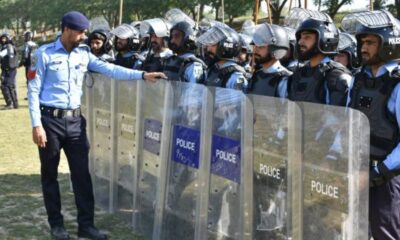
 Latest News23 hours ago
Latest News23 hours agoThere will be no rally in Islamabad on May 9, as police warn of stern action.
-

 Business3 days ago
Business3 days agoSaudi investment and falling inflation cause Pakistani stocks to soar.
-

 Pakistan3 days ago
Pakistan3 days agoTo discuss privatisation with the government, Bilawal establishes a committee.
-

 Latest News23 hours ago
Latest News23 hours agoThe Uzbek foreign minister comes to Pakistan for a two-day formal visit.
-

 Latest News23 hours ago
Latest News23 hours agoPM expresses condolences to UAE President over Sheikh Tahnoun’s death
-

 Business3 days ago
Business3 days agoSaudi investment is most suited for Pakistan, according to Ibrahim Al-Mubarak



